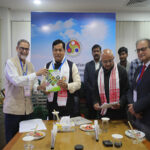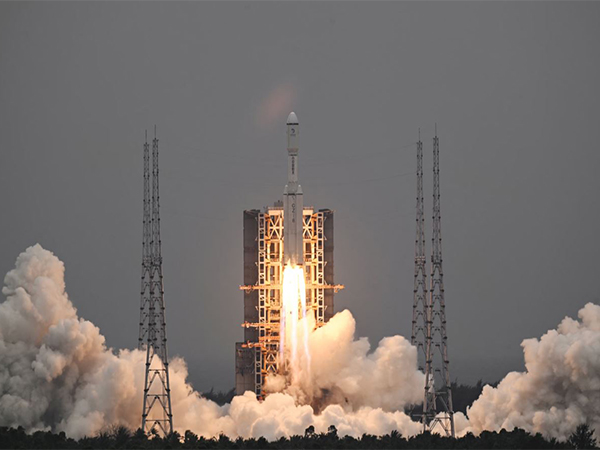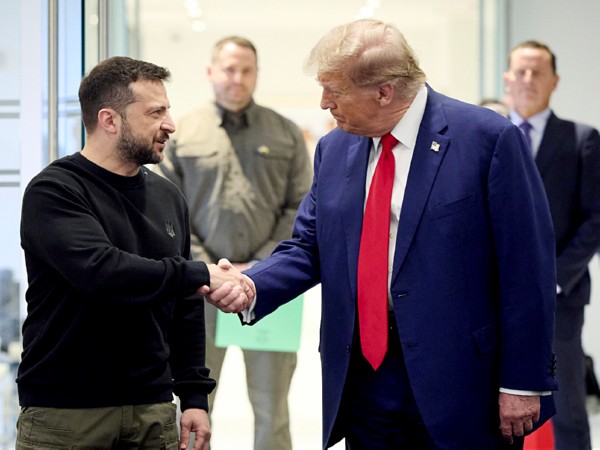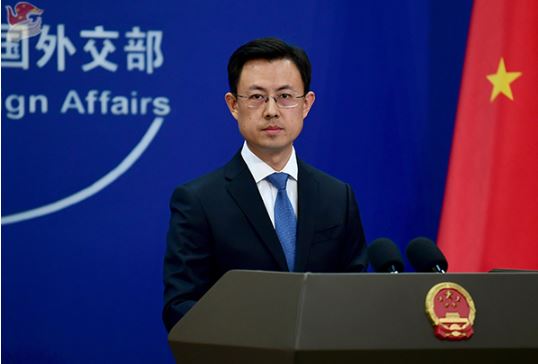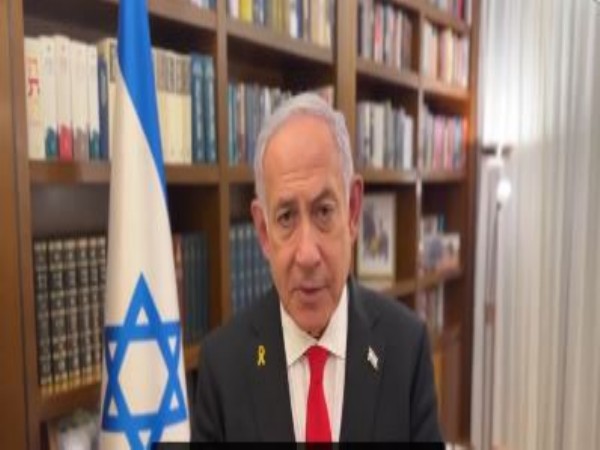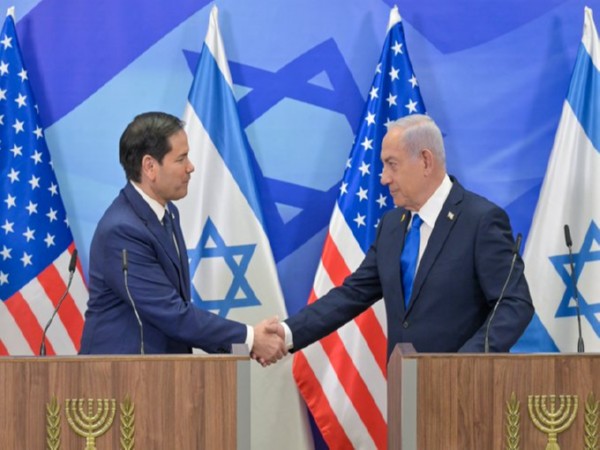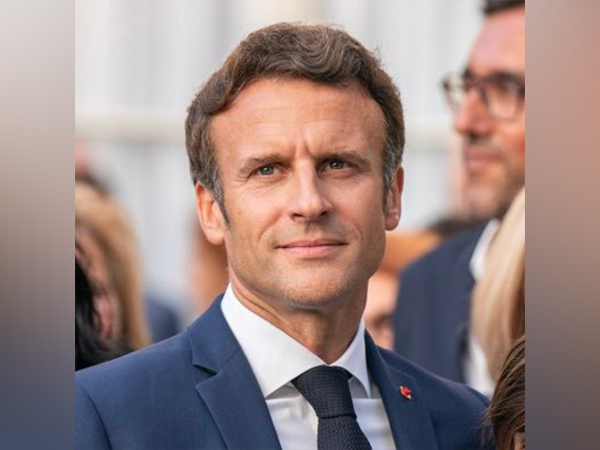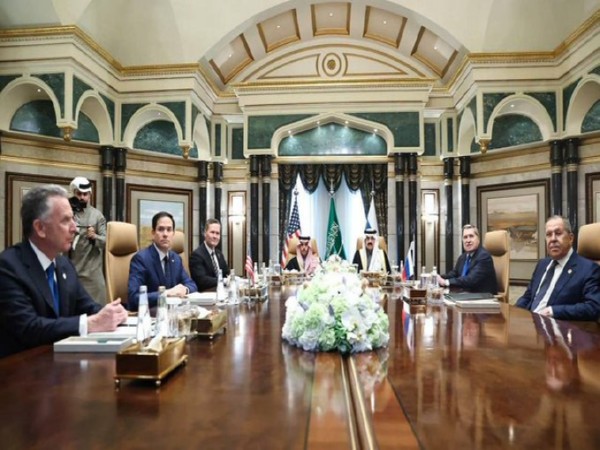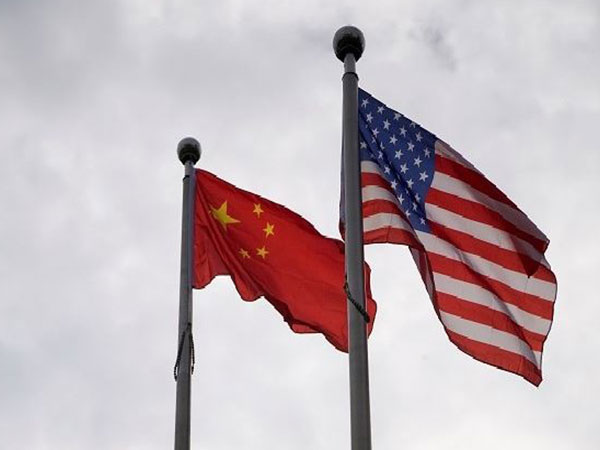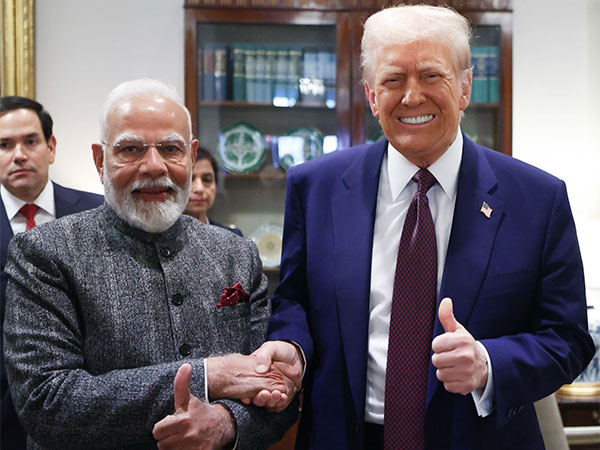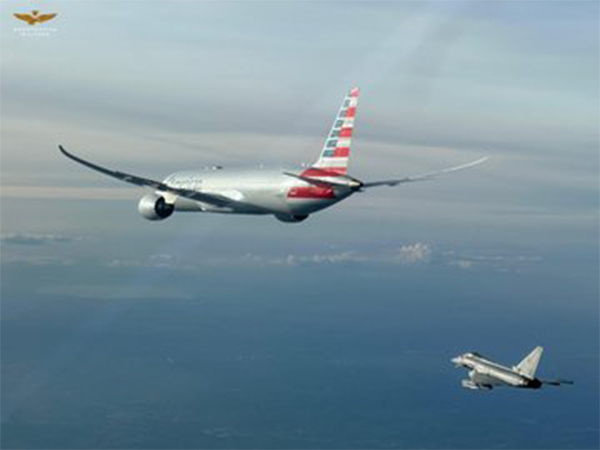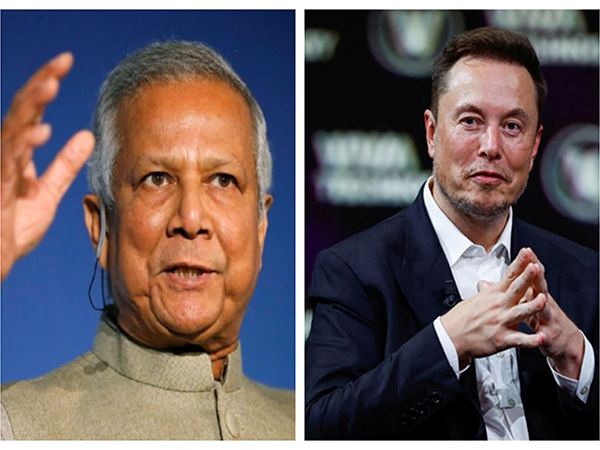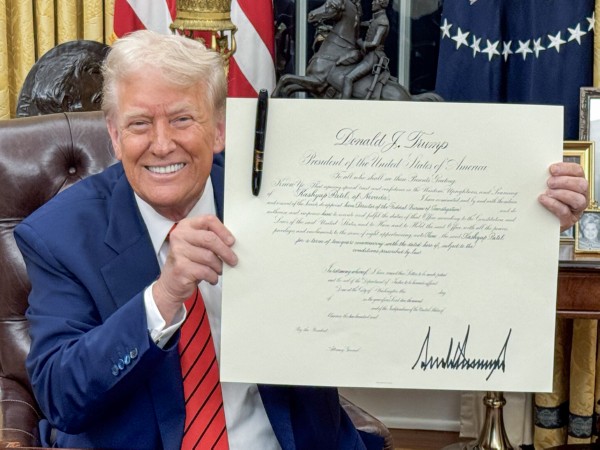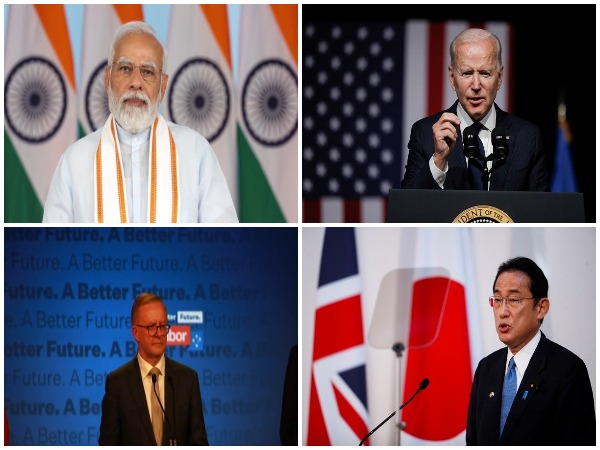
Tokyo [Japan], May 25 (ANI): In a veiled message to China, Quad countries on Tuesday said they will champion adherence to international law including the UN Convention on the Law of the Sea (UNCLOS) and are strongly opposed to any coercive, provocative or unilateral actions that seek to change the status quo and increase tensions in the area, such as the militarization of disputed features.
A joint statement issued after the meeting of leaders of Australia, India, Japan, and the United States welcomed the EU’s Joint Communication on the EU Strategy for Cooperation in the Indo-Pacific which was announced in September 2021 and increased European engagement in the Indo-Pacific region. The statement said that the leaders discussed respective responses to the conflict in Ukraine and the ongoing tragic humanitarian crisis, and assessed its implications for the Indo-Pacific.
Quad Leaders reiterated their strong resolve to maintain the peace and stability in the region. “We underscored unequivocally that the centerpiece of the international order is international law, including the UN Charter, respect for sovereignty, and territorial integrity of all states. We also emphasized that all countries must seek peaceful resolution of disputes in accordance with international law.”
The leaders emphasized the maintenance of freedom of navigation and overflight.
“We will champion adherence to international law, particularly as reflected in the UN Convention on the Law of the Sea (UNCLOS), and the maintenance of freedom of navigation and overflight, to meet challenges to the maritime rules-based order, including in the East and South China Seas,” the statement said. “We strongly oppose any coercive, provocative or unilateral actions that seek to change the status quo and increase tensions in the area, such as the militarization of disputed features, the dangerous use of coast guard vessels and maritime militia, and efforts to disrupt other countries’ offshore resource exploitation activities,” it added.
Actions of the Chinese military had led to a standoff along the Line of Actual Control in Eastern Ladakh in May 2020. India and China have held several rounds of talks and have disengaged from some LAC areas but friction points remain. An international tribunal formed under UNCLOS had in July 2016 ruled that China’s claims to historic and economic rights in most of the South China Sea have no legal basis.
The tribunal at the Permanent Court of Arbitration in The Hague said China couldn’t claim historic rights in all the waters within a “nine-dash” line used by it to delineate its claims.
China had rejected the tribunal’s ruling saying its “territorial sovereignty and marine rights” in the seas would not be affected by the ruling. The ruling pertained to China’s claims vis-a-vis the Philippines in the South China Sea. The statement on Tuesday also said that Quad is exchanging information on ever-evolving threats and working with Indo-Pacific countries, and in multilateral fora, to counter all forms of terrorism and violent extremism.
The Quad leaders said they are committed to cooperation with partners in the region who share the vision of a free and open Indo-Pacific. “We reaffirm our unwavering support for ASEAN unity and centrality and for the practical implementation of ASEAN Outlook on the Indo-Pacific.” The statement said Quad leaders are committed to working together to address the needs of Pacific island partners.
“Individually and collectively, we will further strengthen our cooperation with Pacific island countries, to enhance their economic well being, strengthen health infrastructure and environmental resilience, to improve their maritime security and sustain their fisheries, to provide sustainable infrastructure, to bolster educational opportunities, and to mitigate and adapt to the impacts of climate change, which pose especially serious challenges for this region.”
The leaders reaffirmed their support for Pacific Islands Forum unity and for Pacific regional security frameworks. “The Quad is committed to cooperation with partners in the region who share the vision of a free and open Indo-Pacific. We reaffirm our unwavering support for ASEAN unity and centrality and for the practical implementation of ASEAN Outlook on the Indo-Pacific,” the statement said.
“Among ourselves and with our partners, we will deepen our cooperation in multilateral institutions, including at the United Nations, where reinforcing our shared priorities to reform and enhance the resilience of the multilateral system itself. Individually and together, we will respond to the challenges of our time, ensuring that the region remains inclusive, open, and governed by universal rules and norms,” the leaders said.
The Quad meeting was attended by PM Modi, Australian Prime Minister Anthony Albanese, US President Joe Biden and Japanese Prime Minister Fumio Kishida. (ANI)







